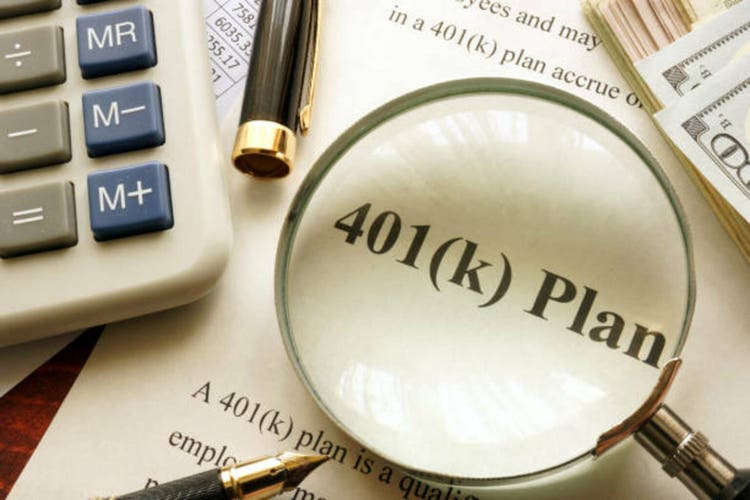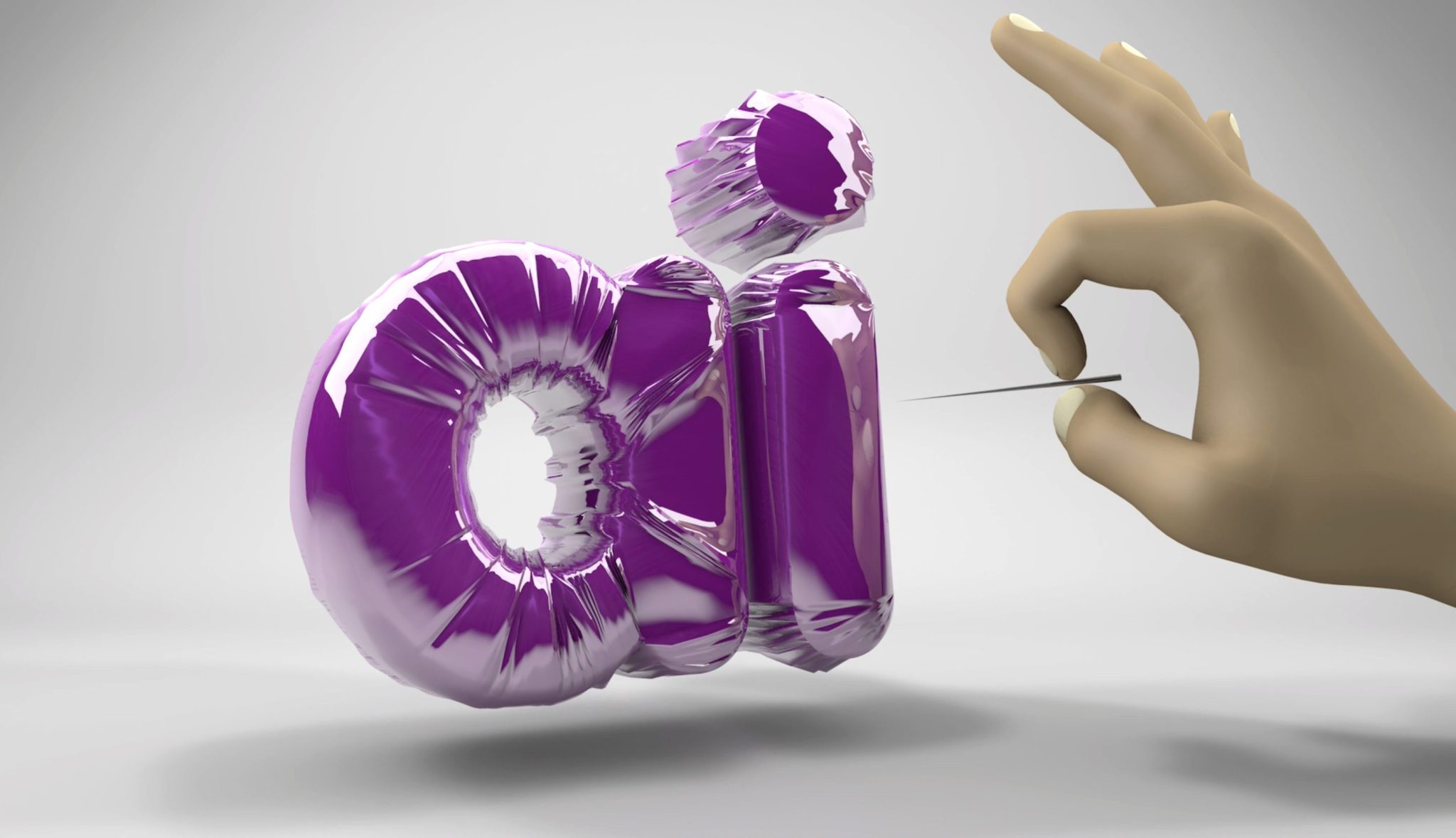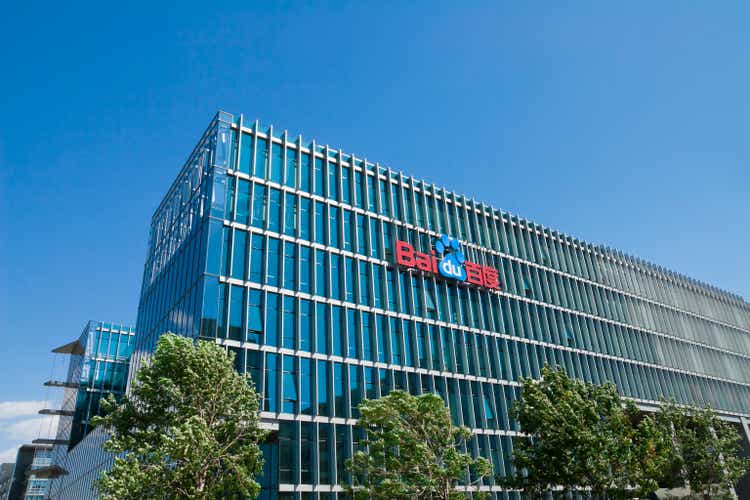Bajaj Auto Ltd., one of the world's leading manufacturers of two and three-wheelers, will reduce prices across its motorcycle and three-wheeler portfolio from September 22, 2025. The move follows the government's recent Goods and Services Tax (GST) rationalisation for two-wheelers and three-wheelers, aimed at making mobility solutions more affordable.
Bajaj motorcycles - including the Pulsar, Dominar, Avenger, Platina, CT series, and premium KTM models will see price cuts of up to Rs 20,000. Bajaj three-wheelers, such as the RE passenger carriers and Maxima cargo vehicles, will become cheaper by up to Rs 24,000. The revised prices will apply across all dealerships nationwide.
GST reduction drives affordability
The GST Council's recent reforms have placed motorcycles with engine capacities up to 350cc and all three-wheelers in the 18 per cent slab. Bikes with engines over 350cc now attract 40 per cent GST. The compensation cess on these vehicles has been removed.
Rakesh Sharma, Executive Director of Bajaj Auto Ltd., said: "The government's decision to reduce GST for most two-wheelers and three-wheelers is a bold step that will unlock demand and strengthen industry growth. At Bajaj Auto, we are delighted to support this initiative, making our vehicles more affordable just as the festive season begins."
Festive season sales expected to rise
Industry experts expect the price cuts to boost demand across Bajaj and KTM motorcycles and Bajaj three-wheelers during the festive period, when consumer spending on vehicles typically peaks. By lowering ownership costs, the company aims to increase accessibility for daily commuters, families, and small business operators who rely on these vehicles for livelihood and transport.
Impact on the wider automobile sector
Under the new GST structure, small motorcycles and three-wheelers benefit from the 18 per cent slab, while motorcycles above 350cc, including premium KTM 390 and Royal Enfield 650cc models, are taxed at 40 per cent. This tiered approach ensures affordability for mass-market vehicles while reflecting premium pricing for high-capacity models. The GST reduction also simplifies taxation on auto parts, all of which now attract 18 per cent.
Key changes under GST 2.0:
Petrol, hybrid, LPG and CNG passenger cars under 1,200 cc (sub-4m) now taxed at 18 per cent (down from 28 per cent).
Diesel and diesel-hybrid cars under 1,500 cc (sub-4m) brought down to 18 per cent from 28 per cent.
Three-wheelers shifted to 18 per cent from 28 per cent.
Motorcycles up to 350 cc taxed at 18 per cent instead of 28 per cent.
Goods vehicles also moved to 18 per cent from 28 per cent.
Smaller vehicles such as hatchbacks, compact sedans, and compact SUVs now fall into the 18 per cent slab. Mid-size, large, and luxury models continue to attract 40 per cent. Earlier, internal combustion engine (ICE) vehicles were taxed at 28 per cent plus a cess ranging from 1 to 22 per cent.
For electric vehicles, the GST remains unchanged at 5 per cent. Hydrogen fuel cell vehicles (FCEVs) will now attract 5 per cent GST, down from 12 per cent.

 5 hours ago
1
5 hours ago
1


















 English (US) ·
English (US) ·